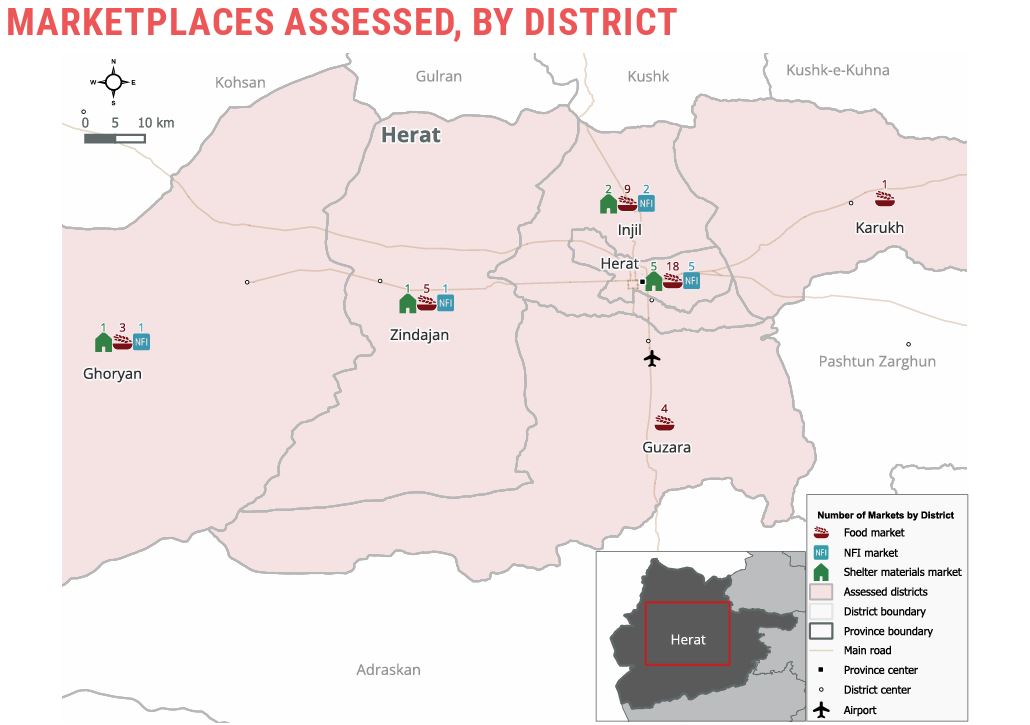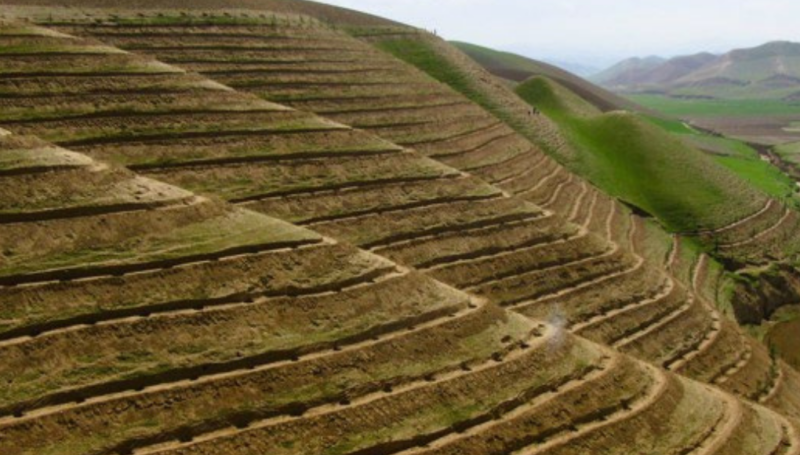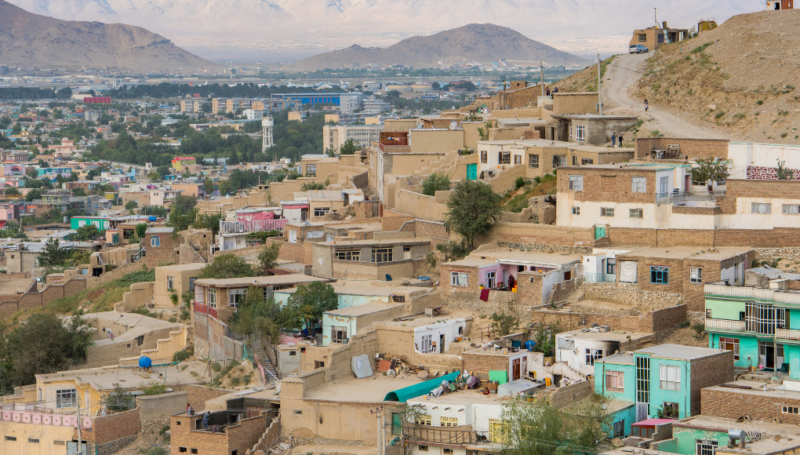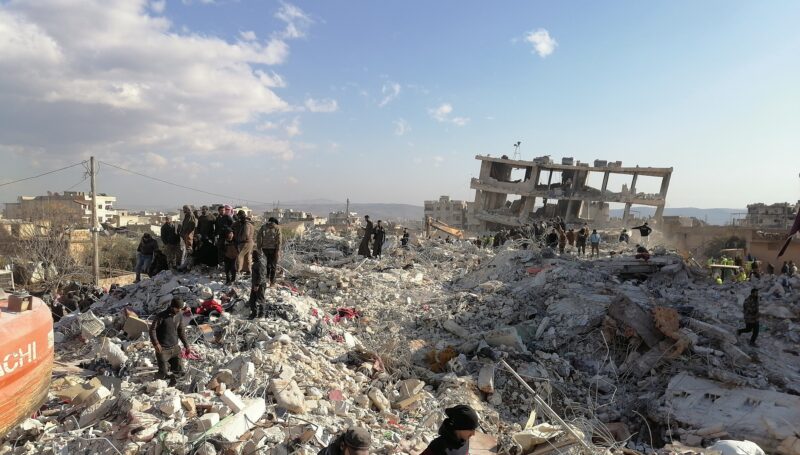A 6.3 magnitude earthquake struck the western region of Afghanistan on 7 October 2023, affecting an estimated 12,000 people across five districts of Herat province. In the following week, two other major earthquakes and numerous aftershocks hit the region, each of them exacerbating pre-existing vulnerabilities.
As multiple organizations prepared to conduct market assessments to inform their individual responses, initiated an ad-hoc round of the Joint Market Monitoring Initiative (JMMI) in 6 affected districts in Heart, to provide one harmonised assessment for the entire response and reduce duplication of efforts.
What is a market assessment, and why is it important in such emergencies? Markets play a critical role in almost every aspect of a crisis-affected household’s efforts to meet its basic needs. Households rely on markets for everything from purchasing food to accessing vital services and earning income through labour markets. It is thus crucial to monitor the effects of a crisis through a market assessment like the JMMI, to understand if items are still available, at what prices, and if market locations are still accessible. It also helps in determining the most appropriate humanitarian response, for example in-kind food assistance versus cash and voucher assistance (CVA).
Based on data collected on 10 October, the assessment found that all six affected districts were found to have open markets. Over half of all key informants (KIs) in each district reported the percentage of shops open had stayed the same since the earthquake, with the exception of Herat (district) – where the percentage open had reportedly decreased, and with varying degrees of localised physical access barriers reported.

Whilst findings did vary across districts, overall, food and non-food item (NFIs) prices did not increase considerably immediately following the first earthquake, with the average food basket increasing by only 3% compared to the JMMI in Herat for September. Open stores, cash availability, and initially estimated stock and restock times, all indicate functioning and resilient markets suitable for multi-purpose cash-based assistance.
However, whilst all districts had open markets since the earthquake, lack of availability or access to key items has become an increasing concern. Furthermore, traders are reportedly increasingly reliant on imported goods. Compounded by consequent shocks, it is likely that prices will continue to increase over time, particularly if limited availability persists. Field reporting of damage to agriculture and livestock stores further suggest that food prices may further rise, as well as limit livelihoods and resources to maintain food security over the winter.

Similarly, lack of availability of key NFIs and shelter items raise further issues around preparedness for winter, as well as possible public health concerns, indicating the need for sectoral interventions (such as WASH services and in-kind shelter assistance).
Moving into winter, coal was largely unavailable across the province and completely unavailable in Herat (district). Whilst other fuel sources were trading in markets (LPG, diesel, and petrol), availability had reportedly reduced, and these items are considerably more expensive than coal, presenting possible issues around affordability of winter fuel sources.
Safe water was completely unavailable in 77% of assessed market places in Zindajan and Injil, 30% in Herat (district), and 17% in Guzara. Preliminary needs assessments have found that up to a third of affected households lack access to improved water sources – posing an increased public health risk, such as waterborne disease outbreaks.
Repeat assessment of prices and market dynamics following the more recent earthquakes, as well as ongoing monitoring of affected areas, will be critical to inform effective assistance modalities moving forward. Follow-up rounds of the JMMI in Heart will be conducted on a biweekly basis over the next months to provide regular updates.
More findings from the ad hoc JMMI are available in this situation overview. For market information on other provinces, an interactive JMMI dashboard is available and shows current Minimum Expenditure Basket (MEB), Food Basket prices, and key market functionality indicators (updated every month).
Banner photo credit: Liz Loy-Taylor, OCHA Visual Gallery – Afghanistan, 2023









